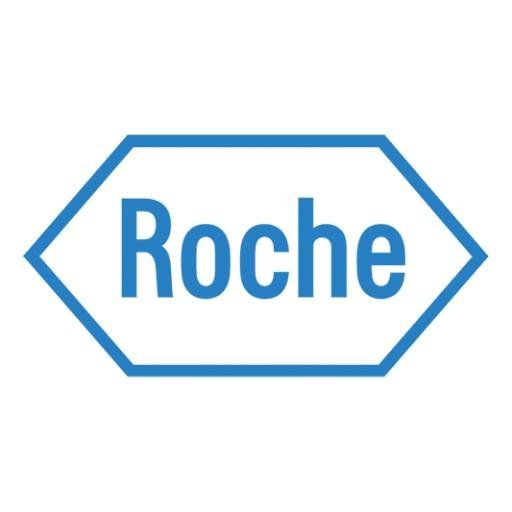Article
FDA Grants Priority Review to Emicizumab for Haemophilia A Treatment
Author(s):
The drug will be reviewed based on the results of the phase 3 HAVEN 1 and 2 studies.

The US Food and Drug Administration accepted the Biologics License Application (BLA) and granted priority review to emicizumab (ACE910), a subcutaneous prophylaxis for adults, children, and adolescents with haemophilia A with factor VIII inhibitors.
The standard factor VIII replacement therapy is inhibited for roughly one-third of all patients with haemophilia A, limiting the treatment options and raising the risk of long-term damage and life-threatening bleeds.
“Roche has a history of developing innovative antibody therapies to address some of the highest unmet medical needs,” Sandra Horning, MD, Roche’s Chief Medical Officer and Head of Global Product Development, said in a statement. “Results of our phase 3 study in adults and adolescents, as well as early phase 3 results in children, showed that emicizumab has significant potential to help people with haemophilia A with inhibitors, who face major challenges in preventing and treating bleeds. We are working with the FDA to hopefully bring this new prophylactic treatment option to the haemophilia A inhibitor community as soon as possible.”
A decision is expected to be made by the FDA on February 23, 2018, based on the results of the phase 3 HAVEN 1 study, in addition to interim results from the phase 3 HAVEN 2 study. HAVEN 1 examined emicizumab’s performance in adults and adolescents aged 12 and older, while HAVEN 2 is examining the drug in children younger than 12.
The results were presented in July 2017 at the 26th International Society on Thrombosis and Haemostasis (ISTH) Congress.
The drug is a ready-to-use solution of a bispecific monoclonal antibody delivered once-weekly as a subcutaneous injection. It binds the proteins factor IXa and factor X together to activate the natural coagulation cascade and restore the body’s normal blood clotting process.
Data from the HAVEN 1 and 2 studies have also been submitted to the European Medicines Agency (EMA), per Roche, to be reviewed and assessed. There are still studies ongoing that are evaluating the drug in haemophilia A patients both with and without inhibitors.
Related Coverage
Baby Boomers Increase HCV Screenings, Treatment When Alert Added to Health Records
WHO Improves ICD-11 Focus on Mental Health Care in Primary Care Settings
FDA Grants Priority Review for Evolocumab as Cardiovascular Risk Treatment





